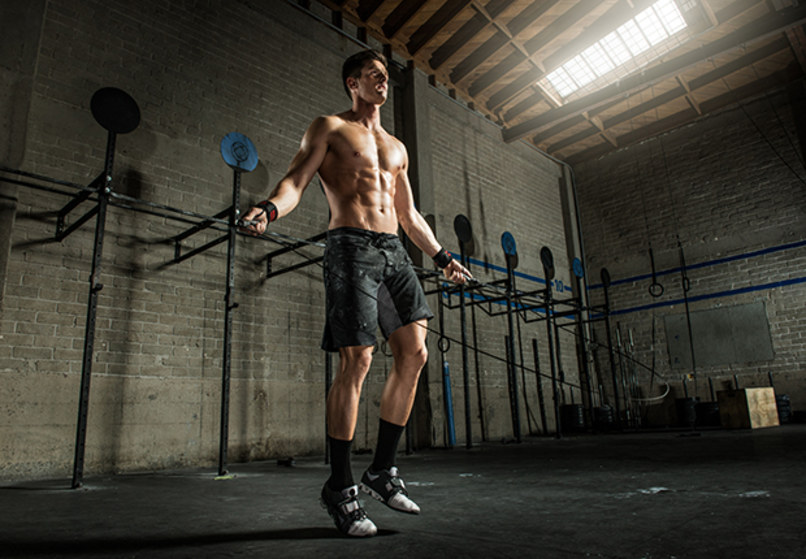
Exercise can make you younger. And, no, we don’t just mean it can make you look younger. It can actually turn back the clock on every cell in your body. Check out these awesome anti-aging benefits of sweating it out.
Slower Cell Aging
Every chromosome in your body has a little protective cap, called a telomere, on its end, which determines how quickly your body’s cells age. Exercise lengthens those telomeres, according to the first-ever controlled trial of telomere length, published in Lancet Oncology. The result: Fewer illnesses and a longer life, says lead author Dean Ornish, M.D., UC San Francisco clinical professor of medicine and founder of the Preventive Medicine Research Institute.
Healthier Skin
What’s good for your body is good for the skin that covers it. When researchers from McMaster University in Ontario biopsied the skin of adults 40 and older, they found that those participants who regularly exercised had skin that, on a microscopic level, was similar to that of 20- to 30-year-olds. Haven’t spent much time exercising? It’s not too late. When the researchers asked a group of sedentary folks, ages 65 and older, to jog or cycle at about 65 percent of their maximum aerobic capacity for 30 minutes twice a week, it only took three months for their skin to resemble those of 20- to 40-year-olds. Researchers believe that the various substances your muscles release during exercise may be behind all of the suppleness.
Bigger Brains
“We used to think we were born with a certain number of brain cells,” Ornish says. “Now we know that’s simply not true.” By driving neurogenesis, the creation of new brain cells, exercise combats the brain shrinkage that typically accompanies aging, he says. In fact, in one PNAS study, adults who performed regular exercise for just one year increased the size of their hippocampus (the memory center) and turned back their brains’ clocks by about two years. Check out more ways to prevent brain shrinkage.
Agile Bodies
If you’re already grunting to get off the couch, you need to start exercising. According to UK researchers, those grunts have more to do with your activity level than your age. When they examined people ages 55 to 79 who cycled regularly, they found that they performed such aging test as well as much younger adults. Plus, they also had younger people’s levels of balance, reflexes, and metabolic health. So get off the couch, old man.


